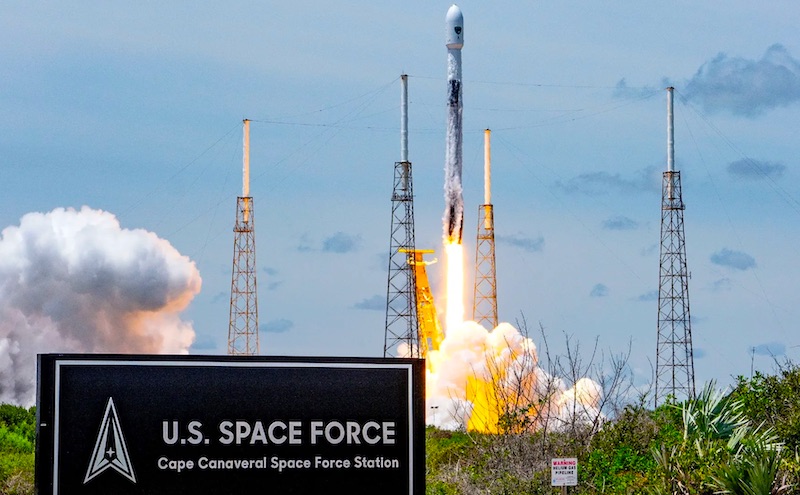Why Having a Properly Maintained HVAC Unit Is Good For The Environment and Air Quality
By Space Coast Daily // September 14, 2024

Heating, ventilation, and air conditioning systems are very important for maintaining comfortable living and working environments.
However, beyond their function of controlling indoor climate, a properly maintained HVAC unit has significant benefits for both the environment and air quality. Failing to look after these systems can lead to poor energy efficiency, higher emissions, and degraded indoor air quality. Read on to find out how keeping your HVAC unit in good working order can positively impact both your immediate surroundings and the planet.
Energy Efficiency and Reduced Carbon Footprint
One of the primary reasons to maintain your HVAC system is to ensure energy efficiency. Over time, dust, dirt, and debris accumulate in the system, which forces it to work harder to achieve the desired temperature. Clogged filters, dirty coils, and worn-out parts cause the unit to use more energy than is needed. A poorly maintained HVAC system can increase energy consumption by 15–20%, leading to higher utility bills and an increased carbon footprint.
When an HVAC unit is regularly serviced, it operates more efficiently. Clean filters allow air to flow freely, reducing the workload on the fan and motor. Well-maintained coils can better transfer heat, meaning your system doesn’t have to run as long or as often to cool or heat your space. As a result, less energy is used, and the demand on power plants is reduced, leading to lower emissions of greenhouse gases such as carbon dioxide (CO2) and pollutants like nitrogen oxides (NOx) and sulfur dioxide (SO2).
Extended Equipment Lifespan and Reduced Waste
An HVAC system is a significant investment, and proper maintenance helps to protect that investment by extending the equipment’s lifespan. When HVAC units are neglected, components wear down more quickly, leading to more repairs or premature replacements. Not only is this costly for homeowners and businesses, but it also generates more waste. HVAC units that break down prematurely contribute to landfill waste, including harmful chemicals like refrigerants, which, if not disposed of in the right way, can be hazardous to the environment.
By maintaining the system, you can ensure that parts last longer and work more efficiently, delaying the need for replacements and reducing waste. Fewer replacements also mean less demand for the manufacturing of new units, which is an energy-intensive process that contributes to carbon emissions.
Improved Indoor Air Quality
Maintaining your HVAC system directly improves indoor air quality. The air filters in HVAC systems are designed to catch dust, pollen, pet fur and hair, and other airborne particles. When filters become clogged and dirty, they can no longer effectively capture these contaminants, allowing them to circulate throughout the building. This can lead to different health issues, particularly for people with allergies, asthma, or respiratory conditions.
Regularly changing the filters and cleaning the system’s components ensures that your HVAC unit can continue to filter out harmful pollutants. It also prevents the buildup of moisture in the system, which can cause mold growth. Mold spores can cause allergic reactions and worsen respiratory conditions, making regular HVAC maintenance crucial for a healthier indoor environment. It’s also a good idea to regularly schedule a HVAC service to ensure that everything is working properly.
Reducing Harmful Emissions
Older HVAC systems or poorly maintained units may use outdated refrigerants that are harmful to the environment, such as chlorofluorocarbons (CFCs) and hydrochlorofluorocarbons (HCFCs). These chemicals can deplete the ozone layer and contribute to global warming. Regular maintenance includes checking refrigerant levels and ensuring that leaks are repaired promptly. It also gives an opportunity to upgrade to newer, more environmentally friendly refrigerants, which have a lower global warming potential (GWP).












